Bill Dahl’s – The Top 10 Books of 2010
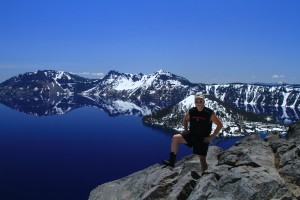
This is Bill Dahl(above)
George Barna once wrote to me and said, “too many books to read, too many books to write – and not enough time to do either.” George is right about several things (as usual):
a. Learning takes time. We must make time for it.
b. Learning is intentional. It’s a choice.
Author Steven Johnson writes: “Reading remains an unsurpassed vehicle for the transmission of interesting new ideas and perspectives.”[i]
I’m an admitted lifelong learner. I love to read. I love to write. I adore ideas. I can’t live without the atmosphere wherein the collision of ideas is an indispensable component of daily life. Do I have enough time to read and write about everything that comes my way – of course not.
Yet, I am faced with making choices – my own choices (oftentimes informed by the viewpoints and suggestions of others – or the simple mystery of pursuing the curiosities that arise as I read the thoughts of others).
As I have said before, I read approximately 100 books a year. Yes, I also have a real job and family etc. During December of 2009 I engaged in a process of evaluating the issues I was interested in truly learning about during 2010 that would guide my time and energy for reading. The result of this process was the following:
a. I would NOT read every book sent to me for review by an author, publisher, publicist or literary PR firm out of a misguided sense of gratitude or over-developed sense of responsibility – unless I requested the opportunity for the review or had committed via previous communication with the source that I would do so.
b. I would focus my reading energies during 2010 on three areas:
i. Garnering a better understanding of the U.S. financial crisis.
ii. Exploring the realm of creativity, innovation, thinking and learning about learning.
iii. Maintaining an active eye on the faith and culture dialog.
Choice is just that – subjective – it’s personal. The context for what I read in 2010 is disclosed above. The other thing you might want to be aware of is that I do NOT write reviews on books I don’t care for (with one exception that comes to mind). As I have said before, “literature is like ice cream – some people have a preference for chocolate while others enjoy pecan nut.” I hold a sacred respect for thinkers, authors, publishers, copy editors, journalists, publicists and literary PR firms and made a conscious decision a long time ago to refrain from injuring others by virtue of my review commentary.
So, before I launch into my rankings for The Best Books of 2010 (I read every page of every book – cover to cover – including the jackets – I’m NOT a skimmer) – (My Reviews are hyperlinked within each title) let me make a few personal, honest, forthright observations:
Photography by Bill Dahl 2010
- The faith & culture literary genre during 2010 (works published during 2010) was, in my opinion, an abysmal disappointment. It was like “is anybody home out there?” Furthermore, the content that typically arises from various sources I frequent on the internet from both known and new creative thinkers and voices in this genre dwindled measurably. The only thing I can chalk that up to is the fact that many folks are suffering terribly during this ongoing economic travail and are more focused on the welfare of others, their loved ones and themselves. Survival and change have a tendency to impact us all in this manner.
The sole selection in the faith & culture genre that was published in 2010 that made my Top 10 is Brian McLaren’s A New Kind of Christianity – Ten Questions That Are Transforming The Faith. (Published February 2010 – by HarperOne – An Imprint of HarperCollins Publishers – San Francisco, CA).
2. In the realm of books regarding creativity, innovation, thinking and learning about learning — is absolutely fascinating and abundant for me. Here are my favorites that I enjoyed the most in 2010:
Photography by Bill Dahl 2010
i. Where Good Ideas Come From – The Natural History of Innovation by Steven Johnson. This was my choice for The BEST BOOK of 2010. If you haven’t read Johnson’s The Invention of Air or The Ghost Map — select all 3 books for your 2011 reading list – trust me. The Penguin Group New York, NY.
ii. Clay Shirky’s Cognitive Surplus – Creativity and Generosity In A Connected Age – The Penguin Press, New York, NY
iii. What Would Google Do? By Jeff Jarvis – HarperCollins Publishers New York, NY
iv. Gregory Berns – Iconoclast – A Neuroscientist Reveals How To Think Differently,– Harvard Business School Publishing Corporation.
v. On Being Certain – Believing You Are Right Even When You’re Not by Robert A. Burton, M.D. – St. Martins Press, New York, NY
vi. Disrupting Class – How Disruptive Innovation Will Change The Way The World Learns by Christenson, Johnson and Horn – McGraw-Hill New York, NY
vii. The Global Achievement Gap by Tony Wagner – Basic Books – A Member of the Perseus Group – New York, NY
viii.The Genius In All of Us by David Shenk – DoubleDay – a Division of Random House, Inc. New York, NY
ix. Mindfulness by Ellen Langer – the Perseus Group – New York, NY
x. Reiman, Joey Thinking For A Living – Creating Ideas That Revolutionize Your Business, Career and Life, Longstreet Press
xi. What Technology Wants – by Kevin Kelly – Viking – The Penguin Group – NY, NY
xii. I Live In The Future and Here’s How It Works by Nick Bilton – Crown Business – New York, NY
- My foray into garnering a better understanding of the U.S. financial crisis and economics was an incredibly rich journey…let’s all remember that economics is a social sciencejust like philosophy, theology, psychology, sociology and the like. Admittedly, I was absolutely amazed at the quality of the writers and investigative journalism that this field is populated with. Here’s my top 10 (ALL published in 2010 (except one from 2009) – in order of my favorites):
Photography by Bill Dahl 2010
i. The End of Wall Street by Roger Lowenstein – The Penguin Press, New York, NY
ii. The Big Short by Michael Lewis – W.W. Norton – New York, NY
iii. Greg Farrell’s Crash of the Titans – Greed, Hubris, The Fall of Merrill Lynch, and the Near-Collapse of Bank of America – Crown Business, New York, NY
iv. Scott Patterson’s – The Quants – How a New Breed of Math Whizzes Conquered Wall Street and Nearly Destroyed It. – Crown Business, an imprint of the Crown Publishing Group, a division of Random House, Inc. New York, NY
v. All The Devils Are Here – The Hidden History of the Financial Crisis by Bethany McLean and Joe Nocera – The Penguin Group New York, NY
vi. Simon Johnson & James Kwak’s 13 Bankers – The Wall Street Takeover and The Next Financial Crisis – Pantheon Books – A Division of Random House, Inc., New York, NY
vii. Suzanne McGee’s – Chasing Goldman Sachs – Crown Business New York, NY
viii. Joseph Stiglitz – Freefall – America, Free Markets and the Sinking of the World Economy – W.W. Norton & Company New York, NY
ix. Duff McDonald’s – Last Man Standing – The Ascent of Jamie Dimon and JP Morgan Chase – Simon & Schuster (actually a 2009 publication – October 2009).
x. More Money Than God – by Sebastian Mallaby – The Penguin Press, New York, NY
My Top 10 for 2010:
Photography by Bill Dahl
So, from the above, if I had to rank The Ten Best Books I Read During 2010 – they would have to be as follows:
1. Where Good Ideas Come From – The Natural History of Innovation by Steven Johnson. This was my choice for The BEST BOOK of 2010 – The Penguin Group New York, NY.
2. The End of Wall Street by Roger Lowenstein – The Penguin Press, New York, NY
3. Clay Shirky’s Cognitive Surplus – Creativity and Generosity In A Connected Age – The Penguin Press, New York, NY
4. The Big Short by Michael Lewis – W.W. Norton – New York, NY
5. What Would Google Do? By Jeff Jarvis – HarperCollins Publishers New York, NY
6. Greg Farrell’s Crash of the Titans – Greed, Hubris, The Fall of Merrill Lynch, and the Near-Collapse of Bank of America – Crown Business, New York, NY
7. Gregory Berns – Iconoclast – A Neuroscientist Reveals How To Think Differently,Harvard Business School Publishing Corporation.
8. On Being Certain – Believing You Are Right Even When You’re Not by Robert A. Burton, M.D. St. Martins Press, New York, NY
9. Disrupting Class – How Disruptive Innovation Will Change The Way The World Learns by Christensen, Johnson and Horn. McGraw-Hill New York, NY
10. Brian McLaren’s A New Kind of Christianity – Ten Questions That Are Transforming The Faith. – HarperOne – An Imprint of HarperCollins Publishers – San Francisco, CA
In 2011, I hope you will make an intentional choice to read some of the titles I have identified in My Best of 2010. Please keep me posted on what you learn.
Best,
Bill
Bill Dahl
NOTES:
[i] Johnson, Steven Where Good Ideas Come From – The Natural History of Innovation, Riverhead Books – Published by The Penguin Group New York, NY Copyright © 2010 by Steven Johnson, p. 122.

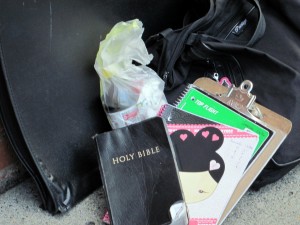
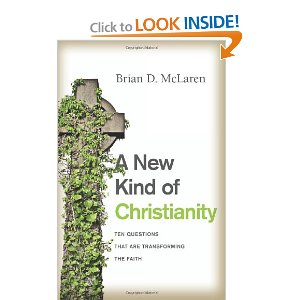
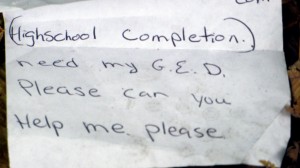
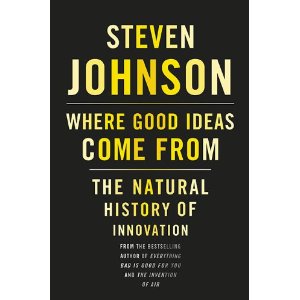
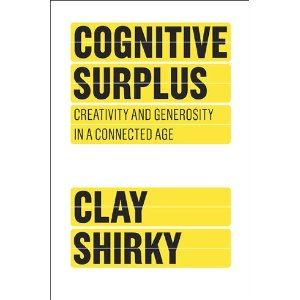
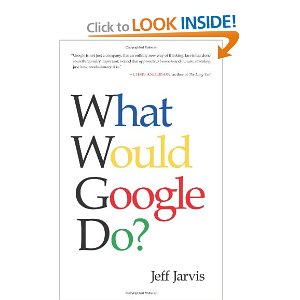
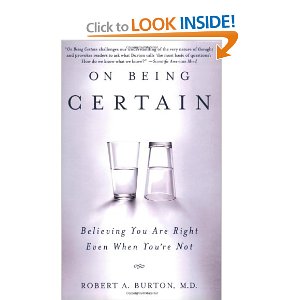
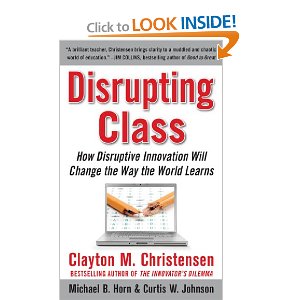
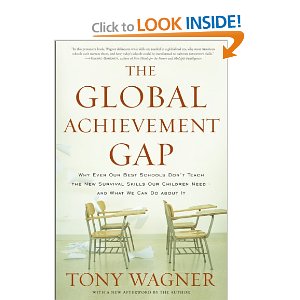
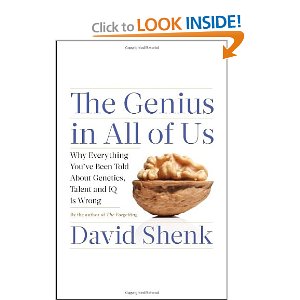
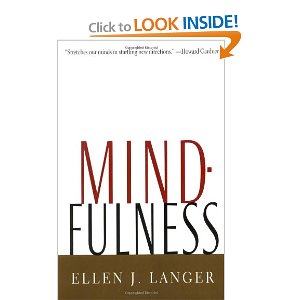
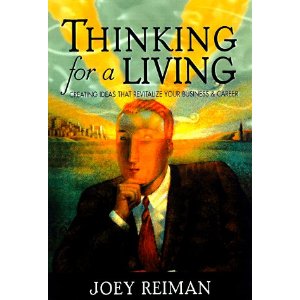
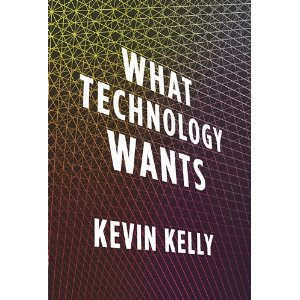
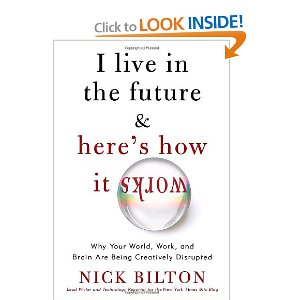

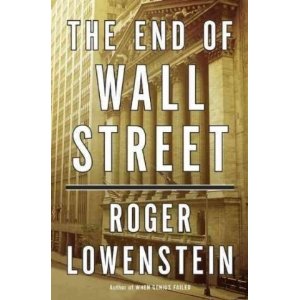
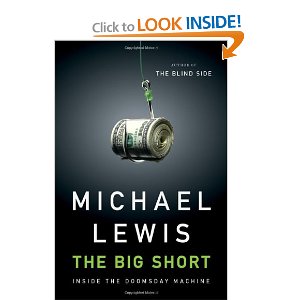
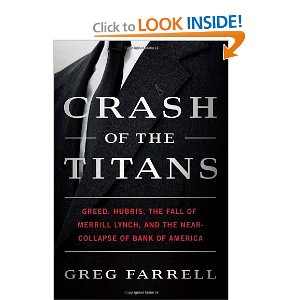
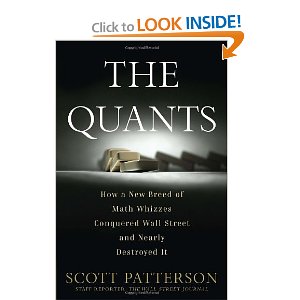
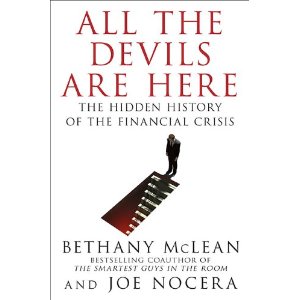
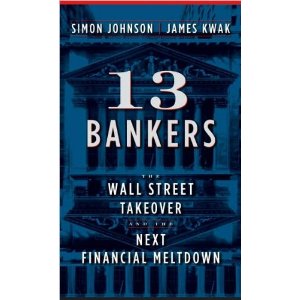
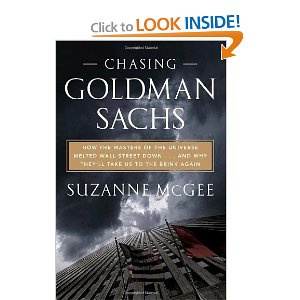
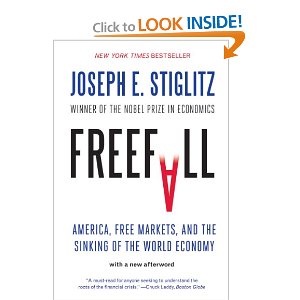
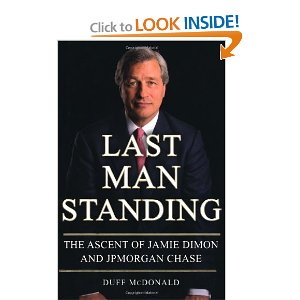
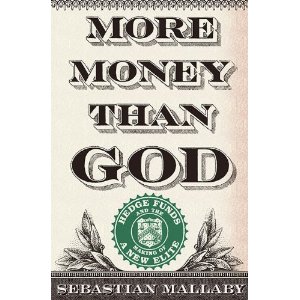
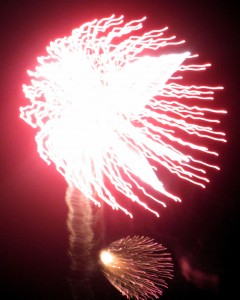


Well, Bill, I’m commenting firstly because I’m not sure how I came to get your email about the best books of 2010, but thanks for it anyway. Once I’d figured out that it wasn’t S*P*am, I’ve had a look at this blog post and decided I need to keep track of these titles…some of them look very interesting.
The only time I think we’ve had contact was when you wrote an article about the emerging church for NextWave magazine. I thought maybe I’d written a comment on that article too, but a check of the NextWave archives doesn’t seem to indicate that that was the case.
Happy Christmas, and keep up the reading…
Hi Bill – Thanks so much for the nod to Brian McLaren. He’s publishing a new one in March to be entitled Naked Spirituality.
Molly – My privilege and pleasure. I treasure this as one of my favorites – of Brian’s works — up until this time. He always seems to out do himself as time goes on.
Keep up the good work and keep ’em com in’. I appreciate you doing the legwork for us readers. Thanks a million.
I agree per #1 Where Good Ideas Come From
My #1 was To Change The World by James Davison Hunter
You are one smart and curious dude
Love
jim
Hey this is one rocking list of great reads… a lot I had not even heard of… so you will be responsible for the depleting of my wallet… thanks for your labor of love in providing this list.
Bill, I also try to read 100 books a year across a wide range of subjects. I’ve read several on your list. I don’t see any novels. Do you ever read fiction?